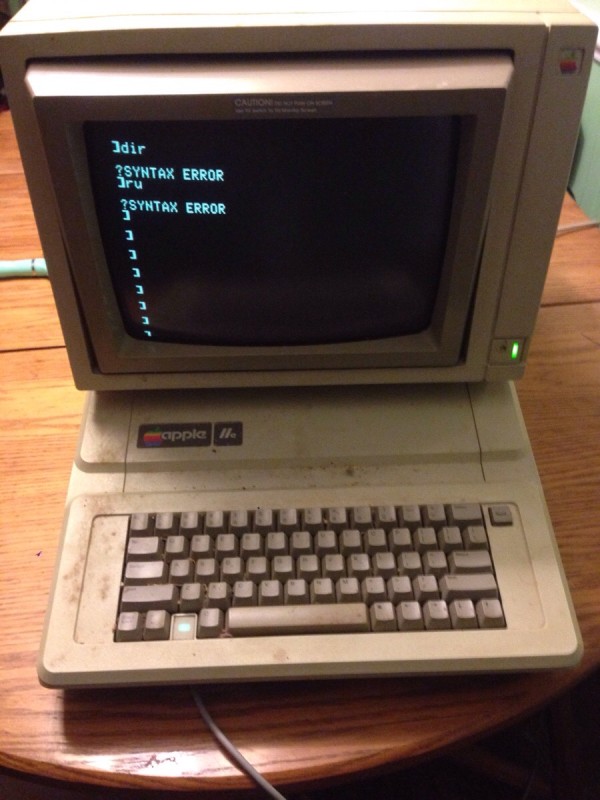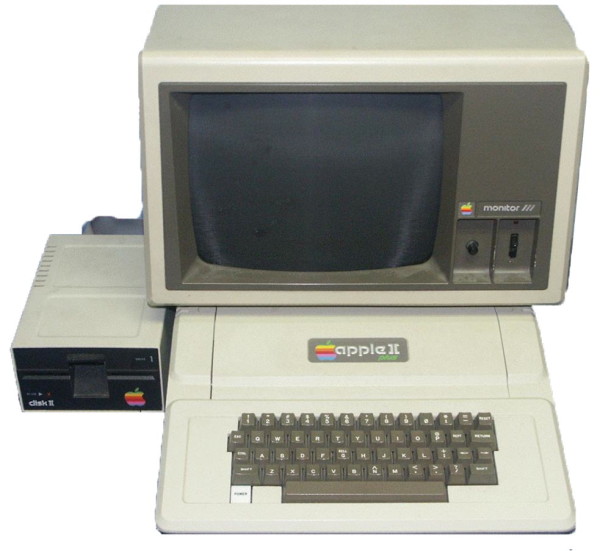In response to recent questions, I present the following (brief) history of the Death Metal Underground:
The predecessor of the Death Metal Underground, the Dark Legions Archives, started as the project of a hacking group back in the 1980s of which I was a member. Most people did not use computers and saw them as “totally uncool” and for nerds only. A loose network existed of bulletin board systems (BBSs) which were accessed by using a modem to dial over phone lines and connect to another computer. These offered information in the precursor to web pages called “g-files” or “text files” which were ASCII documents containing information cribbed from other sources or written from personal experience. Many of these were of a hacker nature, describing the workings of the phone systems and different computer systems, but others focused on music. Crossover between the hacker community and the metal community occurred frequently since many middle-class kids had access to C-64 or Apple II computers. I describe this event in my article “Hacker Metal”, which talks about how a lack of information prompted hackers to share files about metal.
Free speech became an important issue. BBSs were individual property and system operators (“sysops”) often deleted messages or users that disagreed with them. This was my first glance at the tyrant present in ordinary people and how even the best rules failed to prevent it. For example, some sysops formed an alliance of free speech boards, and their first act — before the digital ink was even dry on the words “free speech” — was to determine what speech was acceptable and what was not. The vast majority of users simply saw the words “free speech” and took it at face value.
This hacking group appeared one evening through the work of a small group of people. We wanted to make a force for free speech and rebellion against the choking society of the 1980s, which was caught between its 1950s commercialism and its 1960s libertinism. While contemporary writers often focus on the political aspects of the 80s, the real story was in the massive social conflict going on at this time. We ran a series of boards on which you had actual free speech. We let anyone post anything. This meant that perfectly ordinary political discussions overlapped with the release of hacked information and any number of radical theories, including anti-government sentiment, violent atheism and blasphemy, racialism, Satan-endorsing metal lyrics, Communism, and holocaust denial. It was like getting launched into the roughest crowd that one can imagine, where self-described intellectuals rubbed shoulders with complete society dropouts who lived under bridges in the light of their monitors. We were fortunate to have as users not only members of one of the most thriving hacker communities in the world but also students from nearby universities and advanced placement style high schools. This was a brainy bunch but they were not prone to following rules. Since that time, I have viewed this kind of “free speech” as essential to actual communication, and it has made me wonder how much privileged information actually needs to stay secret.
The files that I had been writing since the mid-1980s on topics ranging from anarchy to hacking to heavy metal had attracted an audience back in the BBS days, specifically on a type of single-password BBS called an “AE” (for Ascii Express, the software that allowed the standalone mode required to achieve it), continued to find an audience. A site named the “Metal AE” was a world-wide HQ for metalhead hackers back in the day, and I started posting them there. As technology proliferated, I moved the files to an anonymous FTP site, then a Gopher site, and finally to a web site. At first it was a simple server running on one of my computers, but later, it moved to commercial hosting. At this point, the “free speech” notions of our group began to conflict with the need of commerce to control its public image by avoiding the type of “offensive” material that it hosted. For the next decade the site moved constantly as complaints drove us off ISPs and free hosts.
As time went on, I saw that people were reading the philosophy writings as much as the metal ones. I had pioneered “e-zine” or electronic zine publishing, combining 1980s g-file culture with the rising indie music zine scene, with a literary publication called “the undiscovered country” during the early days of the 1990s, but now, I began publishing in a style that would later be assimilated by web logs. I wrote small essay-screed hybrids and posted them to the web site. The essay form took inspiration from early French and American writers who put together pamphlets and newspaper articles in which they argued strongly for a mixture of political and social changes. As a result, these essays did not resemble the kind of conversational material that most people posted to their internet sites, in which they intermixed personal events with political or social analysis, and that enraged people even more, which encouraged me to work with more extreme ideas. This is why the Dark Legions Archive in the early 1990s was a bizarre mixture of occultism, death metal, trolling, blasphemy and realist philosophy.
If you, Dear Readers, have further questions based on the above, feel free to ask them in the comments.
15 CommentsTags: dark legions archive, death metal underground, hacker metal



